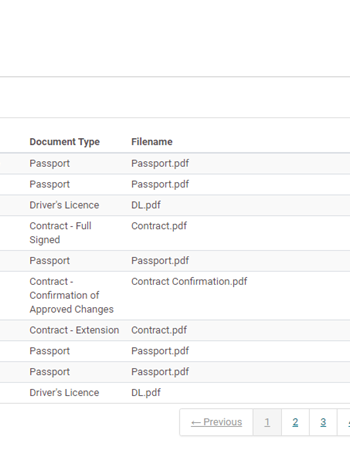 Pre-employment Screening
Pre-employment Screening
Background checks
At Access Screening, we specialise in simplifying the world of background checking and offer an array of cutting-edge background check software features to streamline the process for businesses of all sizes.
Whether you're a seasoned HR professional, recruitment agency or just starting to explore the realm of background checks, our dedicated platform is here to guide you through it all.

What is a background check?
Do you know all the ins and outs of background screening checks?
Uncover what a pre-employment background check is, the different types that are available, how long the different background checks take to complete, and we will also dive into how our background check software is helping businesses conduct these checks.
The importance of background checks for any business
Background checks are essential for ensuring due diligence is met, but also safety and trust are instilled in employees and employers alike. Performing at least the essential background checks helps to enable informed hiring decisions, reducing the risk of workplace issues.
By turning to an automated background screening software for your businesses screening processes, you can:
- Enhanced Workplace Safety
- Make well-informed hiring decisions
- Reduce the risk of employee misconduct
- Lower employee rurnover rates
- Protect your company’s reputation
- Meet legal compliance requirements and industry standards in hiring practices
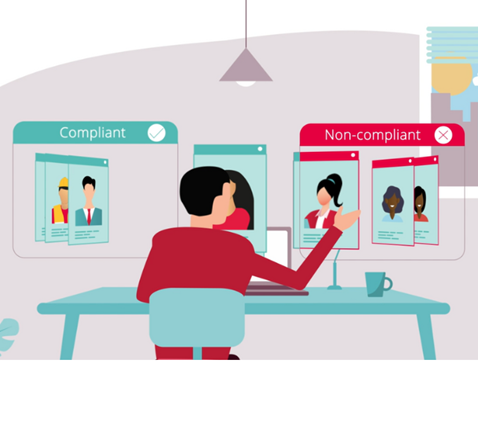
The essential types of background checks
Depending on the industry your business sits within, the requirements for the roles you’re hiring for will require different checks to be completed. However, see below a list of background checks that the majority of industries and roles will require before onboarding a new employee.
Right to Work
Right to Work background checks are a crucial step in the background screening process when onboarding a new employee, ensuring that individuals are legally eligible to work within a specific country or jurisdiction. These checks are essential for compliance, helping employers avoid legal penalties such as fines up to £20,000, protect their brand reputation and maintain a lawful workforce.
By verifying the work eligibility of employees, organisations can foster a productive and harmonious work environment while upholding their ethical and legal responsibilities. In an increasingly globalised world, understanding and conducting Right to Work checks is paramount for businesses of all sizes and industries.

Identity checks
Identity checks are a vital safeguarding stage in the modern employment world. These checks involve verifying the identity of an individual, typically through official documents or digital means, to ensure that they are who they claim to be.
Whether in financial transactions, access control, or online interactions, identity checks play a crucial role in preventing fraud, protecting sensitive information, and enhancing security. They are a fundamental step in establishing trust and minimising risks for a business, both in the digital realm and in physical spaces, making them an indispensable practice in the screening process.

References
In the pre-employment screening process, reference checks are a valuable tool for employers seeking a comprehensive understanding of a candidate's qualifications and character.
These checks involve contacting the candidate's provided references, typically former employers, supervisors, or colleagues, to gather insights into the individual's work history, skills, and professional demeanor. Pre-employment reference checks enable employers to validate the information presented on a resume, assess the candidate's suitability for the role, and gain valuable perspective on their past performance and interpersonal skills.
By conducting these checks, organisations can make well-informed hiring decisions, reduce the risk of hiring unsuitable candidates, and build a more reliable and cohesive workforce.

DBS checks
Disclosure and Barring Service (DBS) checks, often referred to as criminal background checks, are a critical element for ensuring the safety and integrity of an organisation's workforce. These checks involve scrutinising an individual's criminal history, revealing any past convictions, cautions, or warnings.
Pre-employment DBS checks are particularly crucial in roles involving vulnerable populations, such as children or vulnerable adults, as they help ensure that candidates do not pose a risk to these groups.
By conducting these checks, employers can make informed hiring decisions, fulfill legal and regulatory obligations, and create a secure and trusted work environment. This proactive measure safeguards both the organization and those it serves.
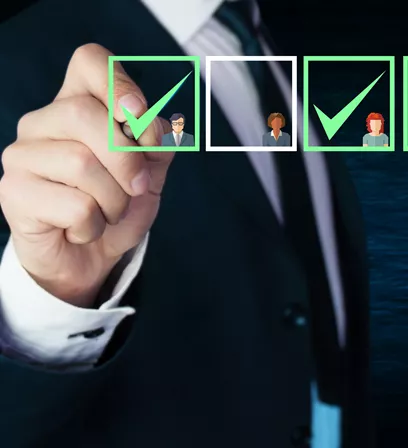
BPSS / BS7858 Checks
BPSS (Baseline Personnel Security Standard) and BS7858 checks are essential components of comprehensive employee screening processes, particularly in sectors like government, security, and sensitive industries.
BPSS checks assess a candidate's suitability by evaluating their identity, nationality, and criminal history, ensuring that they meet baseline security requirements.
BS7858, on the other hand, is a more specific standard for individuals working in security roles, involving a thorough review of an applicant's background, including financial history, employment references, and criminal record checks.
Together, these checks help organisations mitigate risks, maintain security compliance, and hire individuals with the highest level of integrity and trustworthiness, crucial for roles involving sensitive information and security responsibilities.

Qualification checks
Pre-employment qualification checks are a vital step in the hiring process, ensuring that candidates possess the necessary education, certifications, and qualifications required for a specific job role.
These checks verify the authenticity of academic degrees, professional licenses, and specialised training, providing employers with confidence that their new hires are suitably qualified for their positions.
By conducting pre-employment qualification checks, organisations can reduce the risk of hiring individuals who may misrepresent their credentials, enhance their hiring accuracy, and ultimately build a workforce that is well-equipped to excel in their roles, contributing to overall productivity and success.

Credit checks
Pre-employment credit checks are a valuable tool in the hiring process, particularly for roles that involve financial responsibility or access to sensitive financial information. These checks examine an applicant's credit history to assess their financial stability, debt management, and potential risks associated with their financial circumstances.
While not applicable to all positions, pre-employment credit checks can be crucial in industries like finance, banking, or positions involving fiduciary responsibilities. They help employers make informed decisions about a candidate's suitability, reduce the risk of financial misconduct, and ensure the integrity of their workforce.
Additionally, such checks promote compliance with relevant regulations while striking a balance between the candidate's privacy and the organisation's financial security.

Occupational health checks
Occupational health checks are a critical background screening check, especially in industries where employee health and safety are paramount. These checks assess a candidate's physical and mental fitness to perform specific job tasks safely and effectively.
By evaluating factors such as physical abilities, medical history, and vaccination records, employers can ensure that new hires are medically fit for their roles, reducing the risk of workplace accidents and injuries. Occupational health checks not only prioritise employee well-being but also contribute to legal compliance and organisational risk management.

Social media checks
Pre-employment social media checks have become increasingly important in the modern hiring landscape. These checks involve reviewing a candidate's online presence on social networking platforms to gain insights into their character, behavior, and professionalism.
While respecting privacy boundaries, employers use social media checks to gauge a candidate's suitability for a role, assess their alignment with company values, and ensure they don't pose any reputational risks. It's a valuable step for identifying potential red flags, promoting a positive workplace culture, and making informed hiring decisions.
However, it's important to conduct such checks ethically, respecting the candidate's privacy rights and focusing on job-related factors to maintain fairness and compliance with legal standards.

Sanctions
Sanctions are a crucial step for organisations aiming to comply with international trade regulations and ensure a secure workforce. These checks involve examining an individual's name against government sanctions lists, which include individuals or entities banned or restricted due to their involvement in illegal or sanctioned activities.
By conducting sanctions checks, employers can mitigate the risk of inadvertently hiring individuals associated with illegal or high-risk activities, prevent potential legal consequences, and maintain the integrity of their organisation. This background screening check is particularly vital in industries with international exposure or financial services where adherence to sanctions and regulatory requirements is paramount.

Directorships
Pre-employment directorship checks are a key element of a comprehensive screening process, especially when hiring for leadership or high-responsibility positions.
These checks involve investigating a candidate's history of directorships, partnerships, or board memberships in other companies. By conducting directorship checks, employers can gain insights into a candidate's experience, potential conflicts of interest, and corporate governance history.
This due diligence helps organisations make informed decisions when considering candidates for roles that require strategic decision-making responsibilities. It ensures that those entrusted with leadership positions have a transparent and reliable professional track record, contributing to the overall integrity and stability of the organisation.

DVLA
Pre-employment DVLA (Driver and Vehicle Licensing Agency) checks are essential for roles that involve driving company vehicles or require a valid driver's license. These checks verify the authenticity and status of a candidate's driver's license, ensuring that it is current, valid, and suitable for the intended job duties.
DVLA checks help employers assess a candidate's ability to safely operate company vehicles and comply with legal requirements. These checks not only reduce the risk of unqualified individuals operating vehicles but also promote safety, minimise liability, and ensure regulatory compliance for organisations that rely on employee driving capabilities.

Adverse Media
Similarly to the social media checks, pre-employment adverse media checks are a critical aspect of due diligence in today's interconnected world. These checks involve searching public records, news sources, and databases for any negative or adverse information related to a candidate, such as criminal activities, ethical violations, or damaging news coverage.
Adverse media checks help employers identify potential risks, safeguard their reputation, and make informed hiring decisions. They are particularly important in roles where trust, integrity, and reputation are paramount. By conducting these checks, organisations can minimise the likelihood of hiring individuals with problematic backgrounds, ensuring a more secure and trustworthy workforce.

Trusted partners for efficient background screening checks
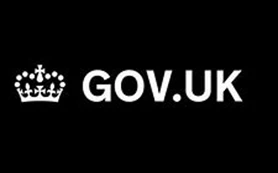
DBS (Disclosure and Barring Service)
DBS is the UK government's official body responsible for processing criminal record checks. As a crucial component of background screening, DBS ensures that individuals working with vulnerable groups are thoroughly vetted, enhancing safeguarding measures.
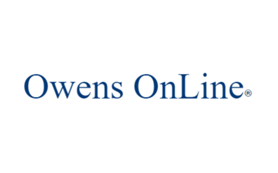
Owens
Owens is a trusted provider of background screening solutions, offering customisable services to meet the specific needs of businesses. With a focus on accuracy and efficiency, Access Screening partners with Owens to helps organisationsmitigate risks through International Criminal and Credit checks.
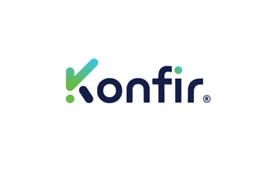
Konfir
Konfir stands as a trusted third-party verification service within Access Screening, collaborating seamlessly with background checkers and employers alike. Rapid Employment Verification checks enable businesses to conduct thorough checks on candidates and employees, ensuring trust and reliability in their workforce.

Onfido
Onfido, one of the Government’s certified IDSPs, is Access Screening’s third-party IDVT check provider – as a pioneering provider of identity verification and background screening solutions, it was a no brainer to leverage their AI and secure platform to enable businesses to verify identities remotely.
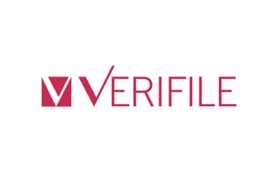
Verifile
Verifile’s specialises in background screening services tailored to various industries, including healthcare, finance, and education. Access Screening partners with Verifile on Social Media checks, Executive Media checks, International checks, and much more.

Healthier Business
Healthier Business specialises in background screening solutions tailored to the healthcare sector. Their comprehensive Occupational Health checks ensure that healthcare organisations recruit qualified and trustworthy professionals, promoting patient safety and regulatory compliance.
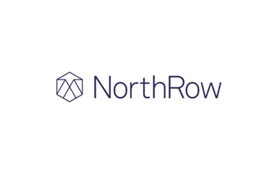
Contego / Northrow
Contego, now part of Northrow, have partnered with Access Screening to provide Directorships, Adverse Media and Sanctions checks to enable businesses to detect potential risks and fraudulent activities of potential employees. Specialists in AML compliance.
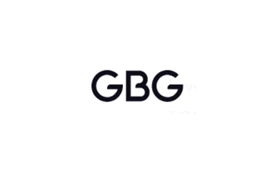
GB Group
GB Group is a global leader in identity intelligence solutions, offering robust background screening checks in Access Screening; including DVLA checks and ID scans. Their innovative technology helps businesses make informed decisions with confidence.
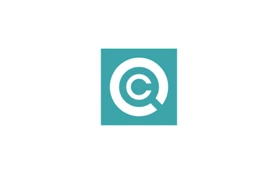
Qualification Checks
Qualification Checks specialises in verifying educational and professional qualifications, ensuring that candidates possess the credentials they claim. Access Screening partners with Qualification Checks to assist businesses in making informed hiring decisions and upholding standards of excellence.
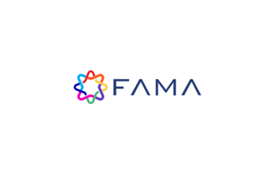
Fama
Fama offers social media screening checks to help businesses assess candidates' digital footprints and mitigate potential risks. By analysing publicly available online content, Fama provides insights into candidates' behavior and character, supporting informed hiring decisions.
Background check FAQs
Do you have background check questions? We may already have the answer below.
Who can do a background check?
If you are an employer, you can conduct any background check you wish on a candidate providing there is a relevant reason, such as a high compliance role. You will also need the candidates to consent to any following checks you wish to conduct on the candidate themselves.
When does background check happen?
Background checks happen traditionally when a candidate first starts a role, however we get asked 'can employers do background checks after hiring?' more often than you think; the answer to that is yes! You can have regular update services on existing employees, such as a disclosure check.
Can you fail a background check?
Candidates can absolutely fail a background check. If a business uses a screening software provider such as Access Screening, the platform will notify you if there is a failed background check after a job offer in the UK, and it is then up the organisation to take necessary action.
Are background checks necessary?
Some background checks are necessary, this includes a standard right to work in the UK and a DBS if this is a role where candidates would be working with vulnerable people or in a high compliance sector. All in all, this depends on the industry you work in and is up to the organisation to do the due diligence required, failing to do so could result in hefty fines or further legal action required from governing bodies.
Are background checks legal?
Background checks are legal, as long as you have the candidates consent to performing the background checks on themselves.
Latest Background Check Articles
Take a look through all the latest articles and resources around the different types of pre-employment background checks, and how they can help foster trust and reliability within your workforce.



